
Sustainable Japan Award 受賞企業・団体・自治体発表!
We are pleased to announce the winners of the 6th annual Sustainable Japan Award.
日時:2025年9月18日(木)13:00-18:00
場所:国際文化会館
東京都港区六本木5‐11‐16
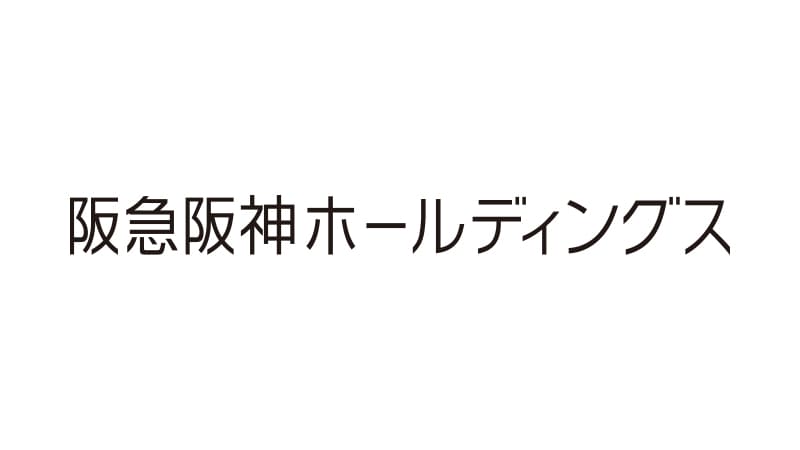
受賞理由:
100年以上にわたり鉄道を基盤に不動産やエンタテインメント事業を展開し、「誰もが住みたいと思えるまちづくり」を推進してきました。2009年4月からは、この地域社会の一員として歩むために社会貢献活動「阪急阪神 未来のゆめ・まちプロジェクト」を展開し、地域と共に成長する姿勢を明確にしてきました。『サステナビリティ宣言』のもと、GHG排出削減目標を掲げ、鉄道へのモーダルシフトや環境配慮施設の整備など社会全体の脱炭素化に積極的に貢献しています。日本初の「カーボンニュートラルステーション摂津市駅」や再エネ100%で運行する「SDGsトレイン」、関西初となる鉄道全線カーボンニュートラルの達成は先駆的な成果です。さらに「ゼロカーボンベースボールパーク」や「グラングリーン大阪」開業など都市と自然の共生も体現しました。鉄道・不動産・文化スポーツを総合的に結び付け、持続可能な社会と企業価値の両立を具現化するこの取組を、先進的な地域共生モデルとして高く評価しました。
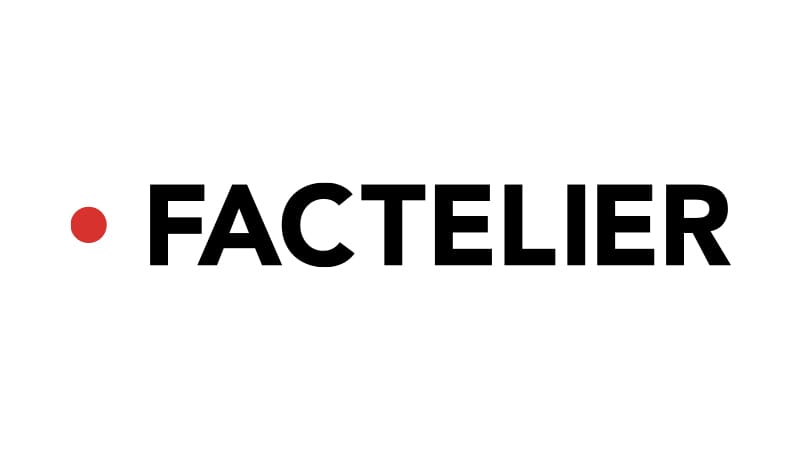
受賞理由:
ファクトリエは、日本のものづくりを支える「*里山プラットフォーム」を実現し、持続可能なアパレル産業の新たなモデルを築きました。中間業者を介さず工場と直接提携する仕組みにより、適正価格と高品質を両立し、高い技術のある地方の工場が、下請けではなく、自らがブランド化して付加価値を得られる手助けをしています。これにより職人が安定して技術を継承でき、後継者育成や若手雇用の促進にもつながっています。さらに、製品の背景にある職人の想いや物語を丁寧に伝えることで、単なる購買を超え「長く愛用する文化」を醸成しました。創業からわずか4年で売上10億円を達成。「日本発の一流ブランドを世界へ」という理念を掲げ、海外展開にも挑戦。職人の誇りを守りつつ顧客との共感を生み出す姿勢は、単なるビジネスを超えて地域社会の持続可能性に寄与しています。生産者と消費者を直接結ぶこの仕組みが、日本の伝統産業を未来へとつなぐ革新的かつ国際的な価値を持つモデルであると高く評価しました。
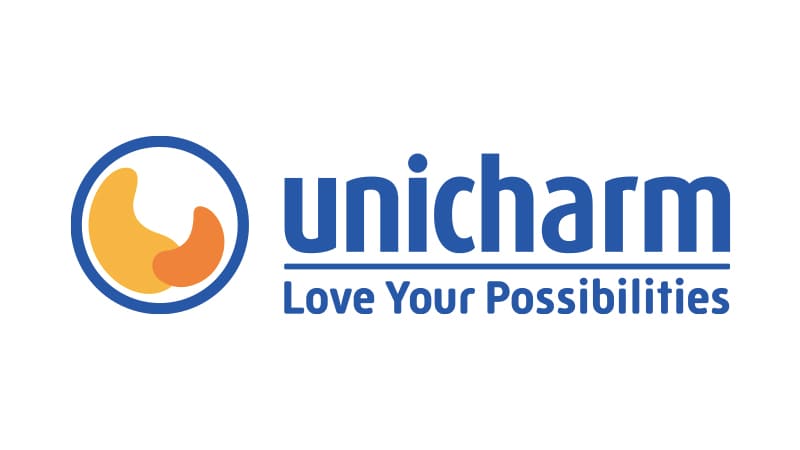
受賞理由:
世界で初めて使用済み紙おむつの水平リサイクルを商用化するという、資源循環型社会に向けた画期的な技術と実績を示しました。2015年に社内横断プロジェクト「RefF(Recycle for the Future)」を立ち上げ、2016年には鹿児島県志布志市と連携して実証実験を開始。2018年には曽於郡大崎町も参画し、自治体と協働した回収プロセスの確立など社会実装を実現しました。焼却や埋め立てが一般的な紙おむつに対し、独自のオゾン処理技術で全素材の水平リサイクルを可能にし、2022年には再生パルプを用いた大人用紙パンツを事業化。これまでに546万枚を再資源化し、2025年には完全リサイクルを達成予定です。さらに2030年までに国内10自治体、将来的には世界展開を視野に入れており、日本発の革新モデルを国際社会に示すことで、廃棄物問題という地球規模課題の解決に大きく寄与する可能性を持ちます。技術革新を社会実装へと結びつけ、循環型ビジネスモデルの先導者として国際的にも高い意義を持つ点を評価しました。
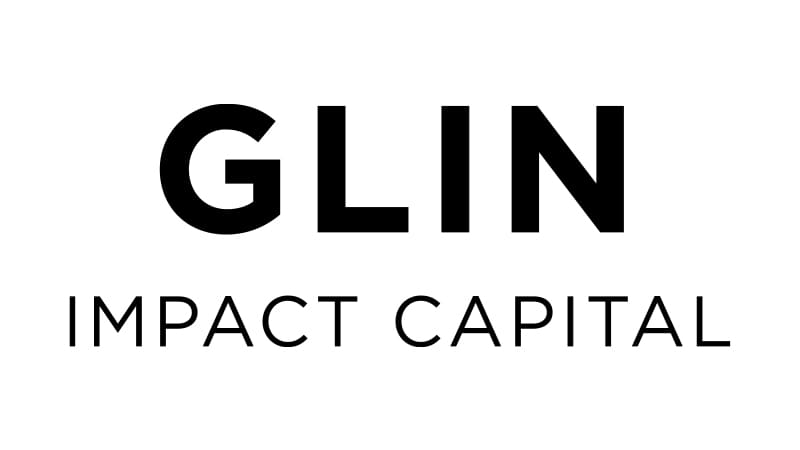
受賞理由:
2020年の創業以来、「経済成長と共に自律的に社会課題が解決される社会」の実現を掲げ、日本のインパクトファイナンスを牽引してきました。インパクト投資とコンサルティングを両輪とし、気候変動、ヘルスケア、社会的包摂といった課題に取り組む企業の成長を支援。特に持続可能な生活環境や人々のウェルビーイング向上をテーマに、国内外のミドル・レイターステージ企業へ投資を行い、グローバル基準のインパクト/ESG施策や人材・投資家ネットワークの提供を通じて企業価値を高めています。さらに金融庁や環境省の委員を歴任し、ガイドライン策定や市場形成に寄与するなど、エコシステム構築にも尽力しました。その姿勢は国際的にも注目され、世界最大のインパクト投資フォーラム等で発信を重ね、ハーバード・ビジネススクールの教材にも採用。事業成果と制度設計の両面で市場を牽引し、日本発の先駆的モデルとして高く評価されました。
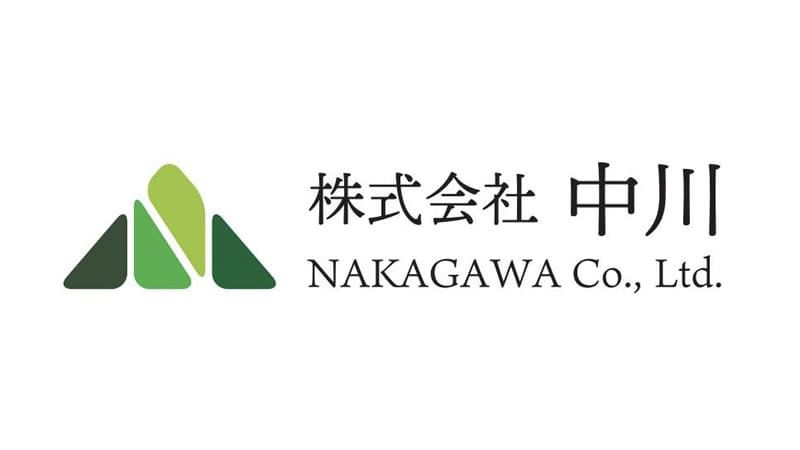
受賞理由:
株式会社中川は、「木を伐らない林業」という発想転換によって、持続可能な森林管理の新しいモデルを構築しました。2016年の創業以来、和歌山県田辺市を拠点に、自家苗木の生産、獣害対策、大型ドローンの導入による省力化・安全性向上、女性雇用の創出など、多角的な取り組みを展開。地域の子どもたちが集めたドングリを苗木として育て、障害者施設と連携して植林を進める仕組みは、地域共創型モデルとして高く評価されます。さらに、花粉症対策やCO₂固定など環境面での効果に加え、広葉樹は将来、紀州備長炭の原木として地場産業を支えるという長期的な視点も持ち合わせています。同社の仕組みを基盤に全国で新たな事業者が誕生するなど波及効果も大きく、林業における価値観を経済的リターンから環境的価値へと転換させる先駆的事例となっています。雇用創出や多様な人材の参画、そして「人が人を呼ぶ」循環を生み出す開かれた姿勢に注目しました。日本発の革新的な林業モデルとして、持続可能な社会づくりに大きな示唆を与えています。
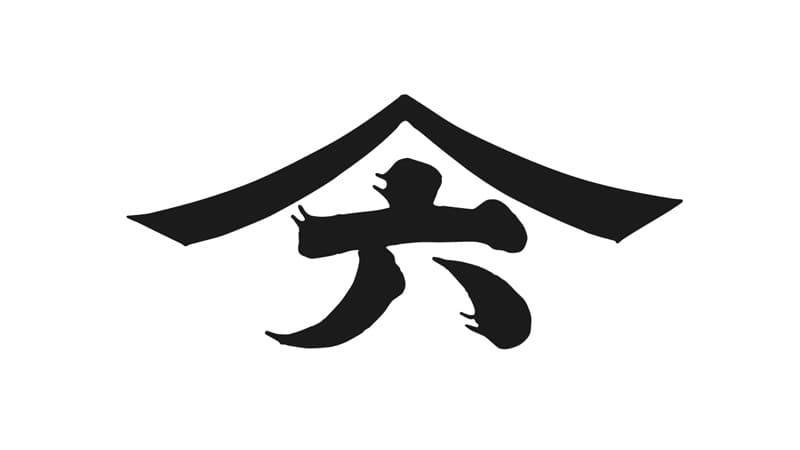
受賞理由:
ヤマロク醤油は、数百年にわたり受け継がれてきた木桶仕込み文化を守り、日本の食文化と伝統技術の持続可能性に大きく寄与しています。五代目・山本康夫氏が立ち上げた「木桶職人復活プロジェクト」は、途絶えかけていた木桶づくりを再興させる画期的な試みであり、奈良県吉野杉など国産材を用いた新桶づくりを小豆島で進め、職人や学生、地域住民まで多様な人々を巻き込みながら技術と人材の継承を実現しました。木桶は微生物環境を活かし、唯一無二の深い味わいを生み出すことで醤油をはじめ味噌や酢など発酵文化全体を支えています。さらに「木桶による発酵文化サミット」を全国各地で開催し、木桶醤油の認知度を高める活動も積極的に展開。価格競争の厳しい市場においても品質向上とファンづくりを進め、市場規模を拡大しようと挑戦を続けています。伝統を守るだけでなく、現代的な広がりと市場拡大の可能性を伴った取り組みを高く評価しました。
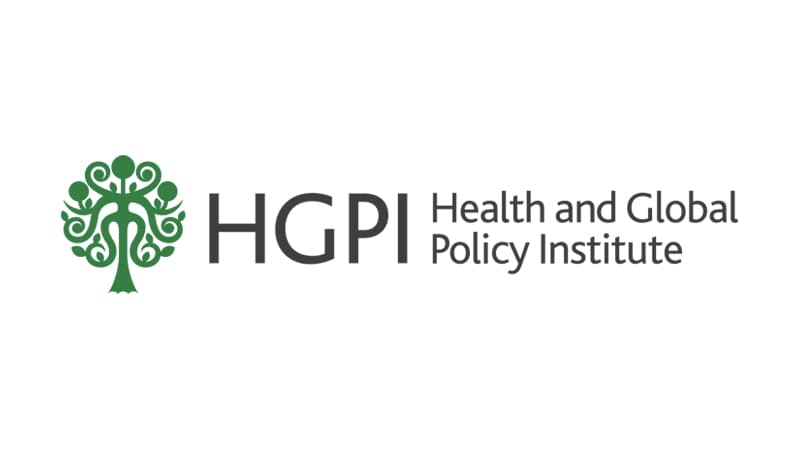
受賞理由:
2004年に設立された非営利・独立・超党派の医療政策シンクタンクとして、「市民主体の医療政策」を掲げ、中立的に幅広いステークホルダーを結集してきました。特に2022年度に開始したプラネタリーヘルスプロジェクトは、医療と環境を統合的に捉え、ESGとSDGs双方に資する日本発の先進的取り組みです。看護学教育モデルへの新項目提言や環境基本計画への反映を通じ制度改革を後押しし、国連気候変動枠組条約COP26での議論やWHOアライアンス加盟にも寄与しました。さらに、グローバル・グリーン・アンド・ヘルシー・ホスピタルズへの国内初加盟を実現し、医療現場における脱炭素化と国際的ネットワークとの協働を促進。国内外の団体との連携を活発に進める姿勢は、日本の知見を世界に発信し、社会変革の一翼を担っています。産官学民が立場を超えて集合知を紡ぎ出し、教育・制度・国際連携の各面から持続可能な社会構築に寄与するこの活動は、国際的にも希少で価値ある実践として高く評価されました。
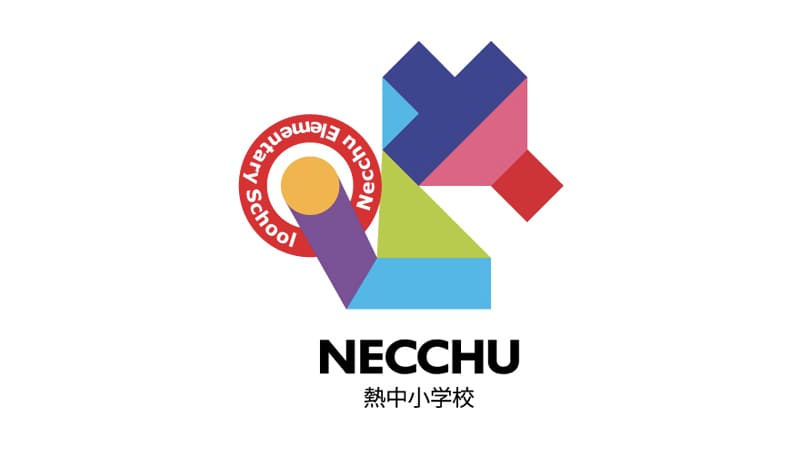
受賞理由:
2015年には地方創生交付金を活用してプロジェクトを始動し、現在までに国内15地域と米国シアトルを含む16地域で展開。リスキリングや人材育成、起業支援や移住促進を実現し、教育と地域振興を融合させた先進モデルです。少子化で廃校となった校舎を再生し、多世代・多職種が交流する学びと地域再生の場を構築。受講者は経営者から農業従事者、主婦まで幅広く、異業種・異世代の出会いから新たな事業や活動が生まれています。さらに北海道から九州まで広がる分校は、地域ごとの特色を活かしつつ理念を共有し、「*里山プラットフォーム」として展開。地域資源や文化の発信力を高めています。地域の文化や特産品を取り入れることで、外部からの参加者にも地域の魅力を伝え、単なる学習にとどまらず地域課題の解決や新しい事業のきっかけづくりにもつながっています。人と地域をつなぎ直す“社会教育+地域再生”モデルであり、持続可能な地域づくりに資する取り組みとして高く評価されました。
Date and Time: Oct. 25, 2024 1:00 p.m. – 6:00 p.m.
Location: The International House of Japan, Inc.
5-11-16 Roppongi, Minato-ku, Tokyo

Reason for the award:
For over a century, Hankyu Hanshin Holdings has built communities where people aspire to live, expanding from its railway business into real estate, entertainment and culture. Since 2009, the group has further underlined its role as a member of local society through the Mirai no Yume Machi Project, a wide-ranging social contribution initiative that fosters growth together with communities.
Guided by its Sustainability Declaration, the company has set ambitious greenhouse gas reduction targets and promoted decarbonization through a shift to rail transportation and the development of environmentally conscious facilities. Landmark achievements include Japan’s first carbon-neutral station in the city of Settsu, the SDGs Train powered entirely by renewable energy, and Kansai’s first rail network to achieve full carbon neutrality. Beyond transportation, it has introduced innovative projects such as the Zero Carbon Baseball Park for the Hanshin Tigers’ farm team and the upcoming Grand Green Osaka, an urban development that integrates expansive green spaces into the city center.
By linking transportation, real estate and cultural activities into a unified vision, Hankyu Hanshin has created a forward-looking model that balances corporate value with sustainable growth. Its pioneering initiatives exemplify how companies can partner with communities to build resilient and environmentally responsible urban futures.

Lifestyle Accent Inc. (Factelier)
Reason for the award:
Factelier has pioneered a transformative model for Japan’s apparel industry through its innovative Satoyama Platform, designed to sustain local craftsmanship while promoting fair and transparent production. By partnering directly with factories and eliminating intermediaries, the company ensures fair pricing and superior quality while empowering regional manufacturers to build their own brands instead of remaining subcontractors. This approach enables skilled artisans to pass down their techniques with stability, nurtures successors and creates employment opportunities for younger generations.
Equally important, Factelier shares the stories and values behind each product, cultivating a culture in which clothing is not simply purchased but cherished for the long term. Within just four years of its founding, the company achieved sales of ¥1 billion[1] while continuing to pursue its vision of bringing world-class Japanese brands to global markets.
Factelier’s commitment extends well beyond commerce. By fostering pride among artisans and forging emotional connections with customers, it contributes to the vitality of regional communities. By directly linking producers and consumers, the company has created an innovative and internationally significant model — one that preserves Japan’s traditional industries while offering a forward-looking blueprint for sustainable business worldwide.

Reason for the award:
Unicharm has demonstrated groundbreaking technology and results in the pursuit of a circular economy, becoming the first company in the world to commercialize horizontal recycling of used diapers. In 2015, it launched the cross-functional project RefF (Recycle for the Future) and the following year began pilot trials in collaboration with the city of Shibushi in Kagoshima Prefecture. By 2018, the town of Osaki also joined, enabling the establishment of a collection process with municipalities and moving the project toward social implementation.
Unlike the conventional practice of incineration or landfill, Unicharm’s unique ozone-based treatment technology allows for the complete recycling of all materials in used diapers. In 2022, the company commercialized adult incontinence products made from recycled pulp, and to date has recycled 5.46 million diapers. Full recycling is scheduled to be achieved by 2025. Looking ahead, Unicharm aims to expand the initiative to 10 municipalities across Japan by 2030, with ambitions for global deployment.
By linking technological innovation to practical implementation, Unicharm has created a pioneering model that not only addresses Japan’s waste challenges but also offers a significant contribution to solving a global environmental issue. Its leadership in circular business practices carries high international relevance and impact.

Reason for the award:
Since its founding in 2020, GLIN Impact Capital has positioned itself at the forefront of Japan’s impact finance, guided by the vision of creating a society where economic growth and the resolution of social issues advance together. Combining impact investment with consulting, the firm supports the growth of companies addressing critical challenges such as climate change, health care and social inclusion.
Its investment focus lies in mid- to later-stage enterprises in Japan and abroad, particularly those tackling sustainable living environments and human well-being. Beyond providing capital, GLIN enhances corporate value by introducing global ESG best practices and connecting firms with top-tier talent and investor networks.
The firm’s influence extends beyond portfolio companies. By serving on committees for Japan’s Financial Services Agency and Ministry of the Environment, GLIN has contributed to guideline development and market formation, strengthening the country’s impact finance ecosystem. Internationally, its leadership has been recognized at major forums, including the GIIN Impact Forum, and its work has been adopted as a case study at Harvard Business School.
Balancing business results with institutional design, GLIN Impact Capital exemplifies a pioneering model from Japan, setting a global benchmark for how finance can drive sustainable and inclusive growth.

Reason for the award:
Nakagawa Co. Ltd., founded in 2016 in the Wakayama Prefecture city of Tanabe, has reimagined forestry with its pioneering concept of “forestry without cutting trees.” The company has built a new model of sustainable forest management through a wide range of initiatives: producing its own seedlings, introducing large drones to improve efficiency and safety, implementing measures against wildlife damage, and creating employment opportunities for women.
One of its most notable projects involves children collecting acorns, which are grown into seedlings and planted in collaboration with local disability facilities — an approach that exemplifies a community co-creation model. Beyond social impact, the initiative offers significant environmental benefits, from mitigating pollen allergies to fixing CO2. The broadleaf trees planted will eventually serve as raw material for traditional Kishu Binchotan charcoal, ensuring continuity of local industry over the long term.
Nakagawa’s model is already inspiring similar ventures nationwide, shifting forestry’s value system from purely economic returns to environmental and social value. Its open stance — creating employment, welcoming diverse talent and fostering a virtuous cycle where “people attract people” — demonstrates how forestry can become both innovative and inclusive. As a Japanese-born model, it offers important lessons for building more sustainable societies worldwide.

Reason for the award:
Yamaroku Shoyu has played a vital role in preserving the centuries-old tradition of wooden barrel fermentation, safeguarding both Japan’s culinary heritage and its artisanal techniques. Under the leadership of fifth-generation brewer Yasuo Yamamoto, the “Wooden Barrel Craftsmen Revival Project” was launched to rescue the nearly vanished craft of barrel-making. Using domestically sourced materials such as Yoshino cedar from Nara, the initiative has brought together master artisans, students and residents of the island of Shodoshima to rebuild barrels and pass down essential skills to future generations.
Wooden barrels are not only vessels but living environments that nurture unique microbial ecosystems, producing soy sauce with unmatched depth of flavor while supporting broader fermentation traditions, including miso and vinegar. To raise awareness, Yamaroku also organizes the “Fermentation Culture Summit with Wooden Barrels” in cities nationwide, expanding recognition beyond Shodoshima.
Despite fierce price competition in the soy sauce market, the company continues to emphasize quality and cultivate loyal fans, seeking to expand the niche market for barrel-fermented soy sauce. Yamaroku’s efforts represent more than preservation — they embody a forward-looking revival that blends tradition with contemporary innovation, offering a model of sustainability and cultural resilience that resonates far beyond Japan.

Health and Global Policy Institute (HGPI)
Reason for the award:
Founded in 2004, the Health and Global Policy Institute (HGPI) is a nonprofit, independent and nonpartisan think tank dedicated to advancing “citizen-centered health care policy.” By convening diverse stakeholders in a neutral forum, it has consistently generated impactful policy proposals.
Among its most pioneering initiatives is the Planetary Health Project, launched in 2022, which integrates health care and environmental sustainability to contribute to both ESG and SDGs agendas. The project has influenced national reforms by proposing new components for the nursing education curriculum and contributing perspectives to Japan’s Basic Environment Plan. Internationally, HGPI has informed discussions at COP26 and helped pave the way for Japan’s participation in the WHO Alliance on Climate and Health.
HGPI also became the first Japanese member of the Global Green and Healthy Hospitals network, advancing decarbonization in medical settings while fostering collaboration with international partners. By actively engaging with global organizations, it positions Japan’s expertise within broader international dialogues on health and sustainability.
Through its ability to unite government, academia, industry and civil society, HGPI exemplifies how collective intelligence can drive systemic change. Its work in education, policy and global collaboration offers a rare and highly valuable model for building a more sustainable society worldwide.

Reason for the award:
Launched in 2015 with government revitalization grants, the Necchu School project has since expanded to 16 locations, totaling 15 across Japan and one in Seattle. It presents a pioneering model that fuses lifelong learning with regional revitalization, addressing social issues such as depopulation and the closure of rural schools.
By transforming former school buildings into hubs of education and community, Necchu School creates spaces where people of different generations and professions — from business leaders and farmers to homemakers — learn and interact. These encounters often spark new businesses, projects and collaborations. The schools, spread from Hokkaido to Kyushu, operate independently while sharing a unifying philosophy, forming a “satoyama platform” that strengthens regional identity and cultural expression.
Incorporating local traditions and products into programs, the initiative also helps external participants engage with the distinct charm of each region. This approach ensures the schools are not only centers of learning but also catalysts for solving local issues and generating new opportunities.
By reconnecting people with place and weaving education into community-building, Necchu School represents a unique model of social education plus regional regeneration. Its success offers valuable lessons in sustainable development for both Japan and the world.